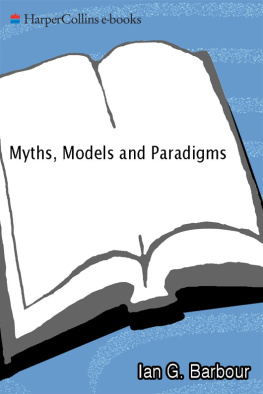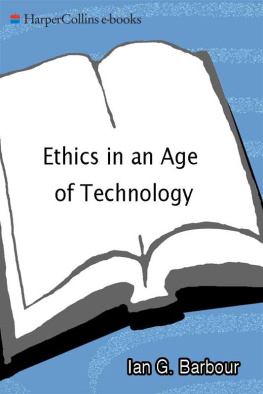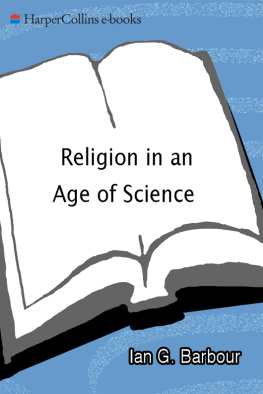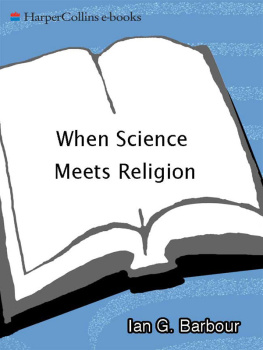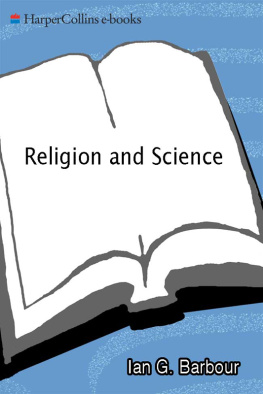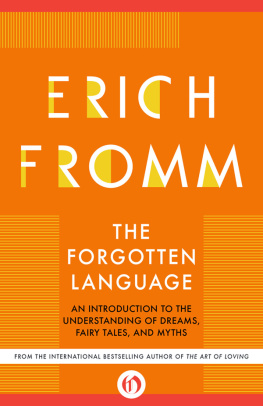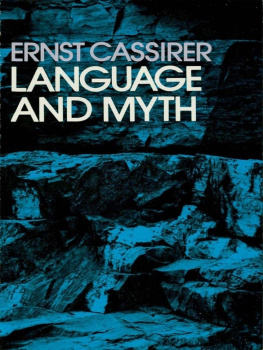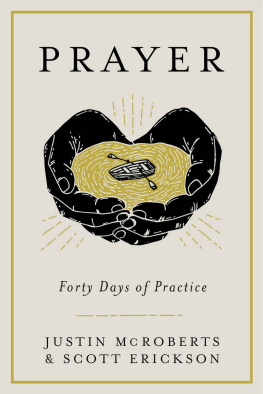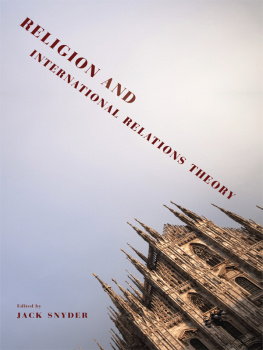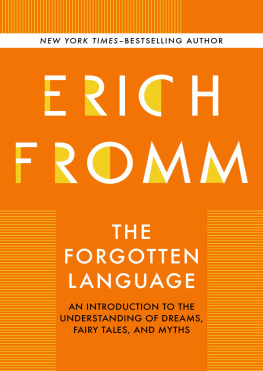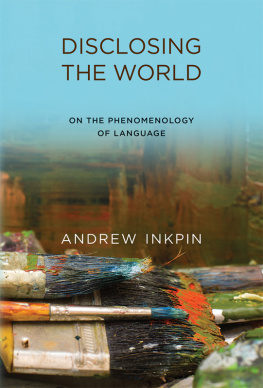
CONTENTS
I am indebted for comments and suggestions from a number of persons who read all or part of earlier versions of these chapters, including William H. Austin, John J. Compton, Frederick P. Ferr, Mary B. Hesse, Robert H. King, Edward A. Langerak and Perry C. Mason. Fellowships from the Guggenheim Foundation and the Ful-bright exchange programme made possible a year in Cambridge, England, during which much of the research and writing was undertaken. I am grateful to the Divinity Faculty, the Philosophy of Science group, and Kings College, Cambridge for their thoughtful hospitality.
1
Introduction
D IFFICULTIES in religious language have been described by many-authors in recent years. In Germany, Rudolf Bultmann has said that modern man can no longer speak of a God who acts in nature and history and has proposed a demythologized version of the gospel. In England, Bishop Robinsons Honest to God became a best seller, partly because of his frankness in expressing doubts about traditional ways of speaking of God. In the United States, three theologians who found themselves unable to accept theistic assertions were presented in the popular press as the Death of God movement. These men are symptomatic of a widespread questioning of classical formulations.
There are many reasons for current debates about religious language. Biblical statements, if taken literally, are not credible to modern man. The God up there is incompatible with our understanding of the universe. Classical discussions of the symbolic and analogical character of religious language were dependent on the metaphysical assumptions of Platonism or scholasticism, which can no longer be presupposed; more recent interpretations often hold that religious images are only symbols of mans subjective life. The possibility of meaningful language about God is widely disputed today. Theological doctrines, on the other hand, seem to be divorced from human experience. Religious ideas without an experiential basis appear abstract and irrelevant.
For other persons, the encounter of world religions has led to the adoption of a total relativism in place of exclusive claims for a particular tradition. The confidence of the Catholic community in the authority of the church and the conviction of Protestant neo-orthodoxy concerning the exclusiveness of revelation have been weakened by the new awareness of religious pluralism. The diversity of religious rituals and beliefs has been taken as support for historical and cultural relativism. Whereas teaching in theological seminaries had assumed the truth of one tradition, the growing study of religion in secular universities has been concerned about its functions in human life without reference to the question of its truth or falsity. Often this has ended in the reductionist view that religion is entirely the product of psychological and sociological forces.
One might also point to the secularization of contemporary society, which itself has many facets: the separation of political and educational institutions from the church, the autonomy of the intellectual disciplines, the dominance of this-worldly over otherworldly interests, the confidence in mans ability to control his own destiny without divine assistance. But the present volume is concerned with the basic conceptual and methodological problems of religious language, and here the most significant influence has undoubtedly been science.
In past centuries, particular scientific theories have had a major impact on religious thought. In the eighteenth century, Newtonian mechanics led to a mechanistic view of the world and a deistic understanding of God the cosmic clockmaker. In the nineteenth century, Darwins theory of evolution encouraged new interpretations of divine immanence in the cosmic process, as well as naturalistic philosophies of mans place in a world of law and chance. But in the twentieth century, the main influences of science on religion have come less from specific theories such as quantum physics, relativity, astronomy, or molecular biology than from views of science as a method.
Science seems to yield indubitable knowledge on which all men can agree. Its apparent objectivity contrasts with the subjectivity of religion. According to the popular stereotype, the scientist makes precise observations and then employs logical reasoning; if such a procedure is to be adopted in all fields of enquiry, should not religion be dismissed as prescientific superstition? And does not the scientist assume that nature is a self-contained order in which there is no place for Gods action?
It has been largely through the work of philosophers that thought about the methods of science has affected religious thought in recent decades. Specifically, writings in the philosophy of science have had major repercussions in the philosophy of religion. During the 1930s and 1940s, the positivists had taken science as the norm for all meaningful discourse. Religious language was considered neither true nor false but meaningless. The positivists had proclaimed the famous Verification Principle, which states that, apart from tautologies and definitions, statements are meaningful only if they can be verified by sense data. Accepting an oversimplified view of science as the prototype for all genuine knowledge, they dismissed religion as purely emotive.
During the 1950s positivism came under increasing attack, but many of its assumptions were perpetuated in the empiricism which came to replace it as the dominant interpretation of science. Among the empiricist claims were the following. (1) Science starts from publicly observable data which can be described in a pure observation-language independent of any theoretical assumptions. (2) Theories can be verified or falsified by comparison with this fixed experimental data. (3) The choice between theories is rational, objective and in accordance with specifiable criteria. Philosophers under the sway of such empiricism continued to say that religion can legitimately make no cognitive claims. We will look particularly at the protracted debate concerning the falsifiability of religious beliefs which has occurred since 1955, when Antony Flew issued his challenge to the theist: What would have to occur to constitute a disproof of the existence of God? Flew held that religious statements are not genuine assertions because the observable conditions which would falsify them cannot be specified.
But during the 1960s, the empiricist assertions listed above were vigorously criticized. It is the thesis of this volume that recent work in the philosophy of science has important implications for the philosophy of religion and for theology. Three new viewpoints concerning science, and their consequences for the, critique of religion, are the central themes of the book.
The first theme, the diverse functions of language, reflects a change in outlook among philosophers which was already under way in the 1950s. It is well enough known that it need only be summarized here. The positivist principle that statements are meaningful only if they can be verified by sense data turned out to be too strict to satisfy even in science. The principle would have excluded scientific theories which can never be conclusively verified or proved to be immune to modification. Weaker versions were attempted, for example: a statement is meaningful only if some possible sense data are relevant to the probability of its truth or falsity. But it was extraordinarily difficult to specify at what point the relevance of data was to be considered too indirect to qualify under this more generous charter.
Increasingly, philosophers came to acknowledge that language has many forms serving varied functions; science was no longer taken as the norm for all discourse. Linguistic analysis, the most prominent school of contemporary philosophy, asks how men use different types of language. Each field science, art, ethics, religion, and so forth has a different task, and its approach must be judged by its usefulness in accomplishing its own particular functions. The value of a statement depends on what one wants to do with it; every type of language has its own logic, appropriate to its specific purposes.
Next page
